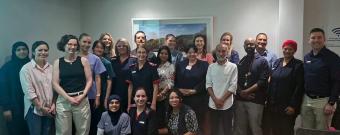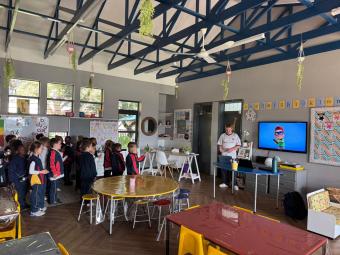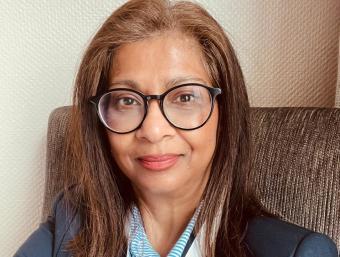Breaking down every aspect of Olympic cycling into smaller elements and improving each element with 1% led to Olympic gold for the British cycling team in 2008. Could the same principle be applied in the race for a patient’s life?
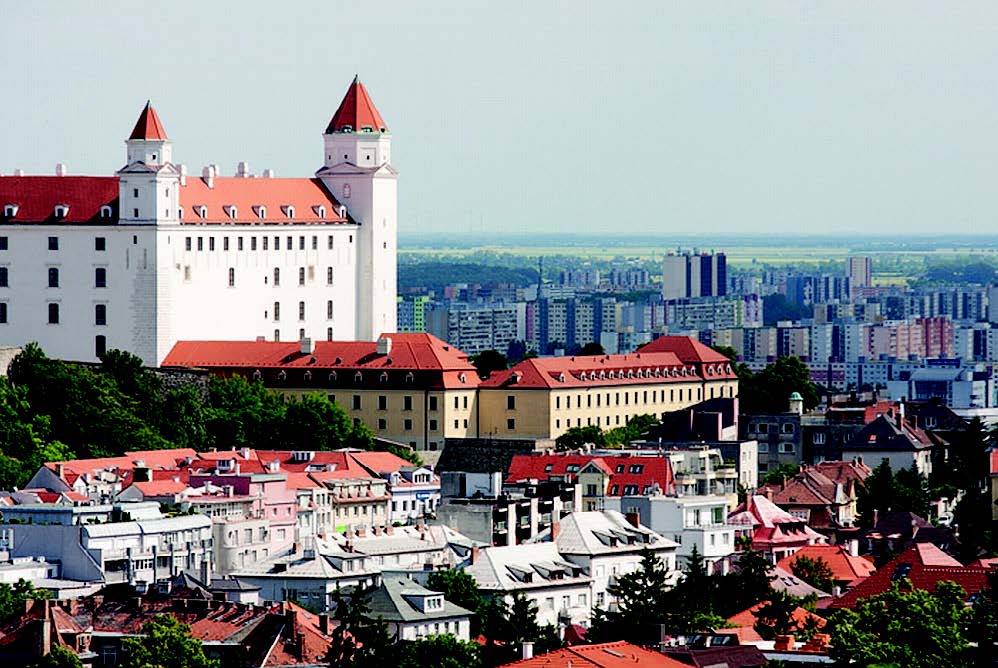
Some stroke teams in Slovakia were keen to find out. They already had good processes and procedures in place and by mid-2016 had a mean DTN time of just 32 minutes – almost 50 minutes better than the European average and a clear 28 minutes below the guideline recommended hour. So, when the Angels Initiative came along, Prof. Zuzana Gdovinová - head of the cerebrovascular section of the Slovak Neurological Society and Prof. Peter Turčáni, the chief neurology specialist in Slovakia, jumped at the chance to inject some new thinking and extra energy into their effort.
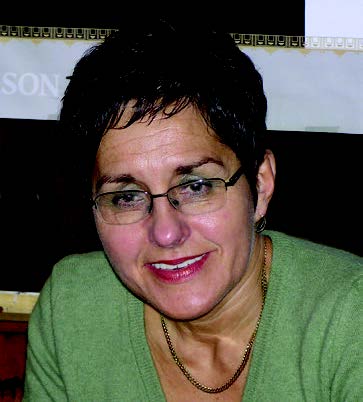
The results so far have been small, but important. In cooperation with Prof. Gdovinová, Dr. Eva Rozprávková, Dr. Ľubica Bajerovská and a group of young, enthusiastic heads of neurological departments in Slovakia - Dr. Michal Kováčik, Dr. Vlastimil Serdahely and Dr. Marek Krivošík - we started by breaking down the process of stroke treatment into its different elements.
The area that seemed to need the most improvement was the pre-hospital phase, so we tweaked the existing pre-notification ambulance card. The new card included more precise questions to better identify crucial information about the patient’s medical history, such as the exact medication the stroke patient was already taking, and a description of the environment the ambulance crew found on their arrival. Importantly we also included the hospitals stroke mobile phone number to be used for pre-notification. These marginal refinements to an already successful process have had a measurable effect.

Dr. Kováčik’s stroke team at Liptovský Mikuláš hospital started to use the new ambulance card and after two months the results show a reduction of DTN time by almost 20% - that’s six minutes saved on an already impressive 32 minute time.
Now that we have tasted success we don’t want to stop here. Our next goal is to have the refined ambulance card rolled out across the entire country. Thanks to Dr. Eva Hanáčková, who arranged a meeting with Dr. Matej Polák - head of the Association of Emergency Medical Services in Slovakia, we’re one step closer to achieving that goal.

